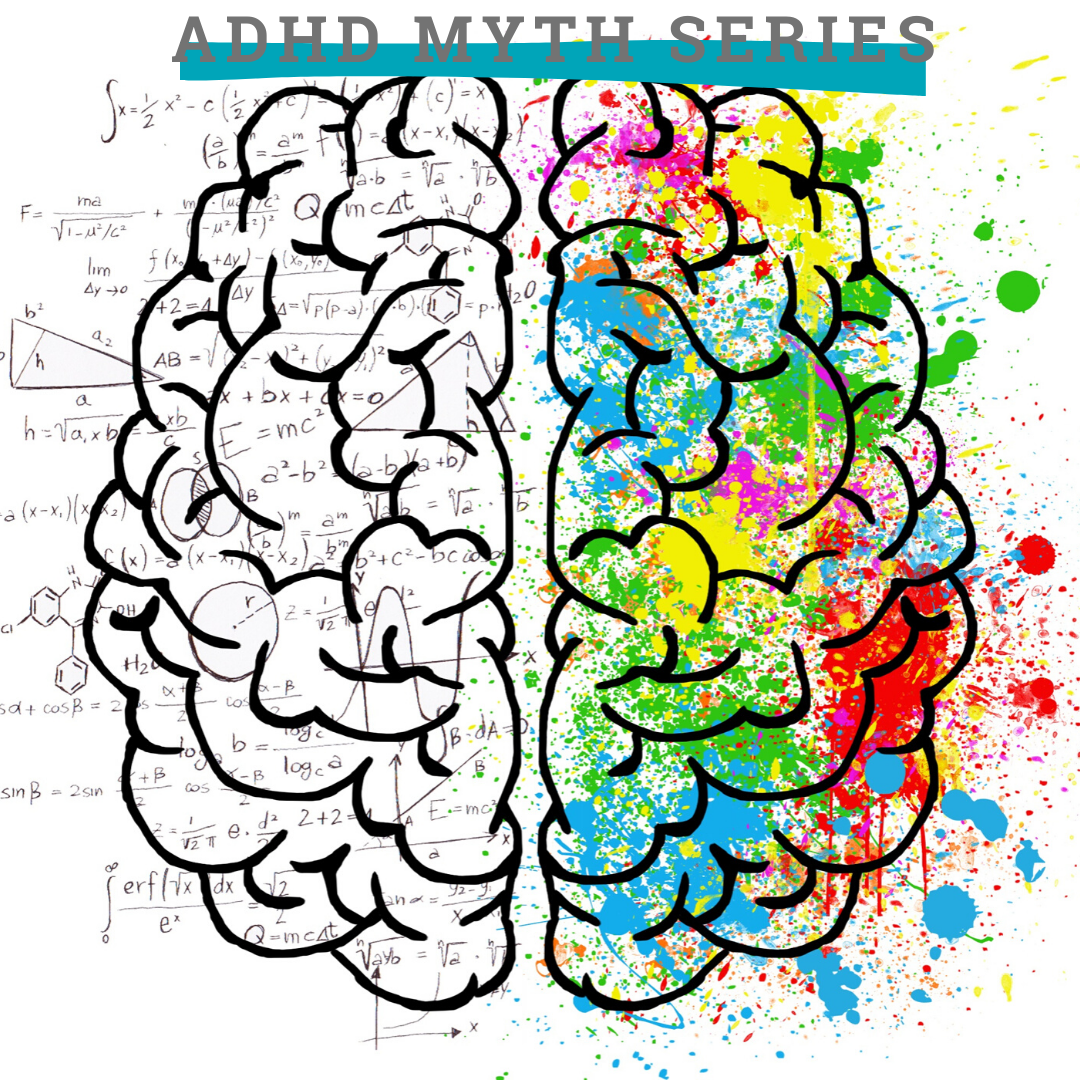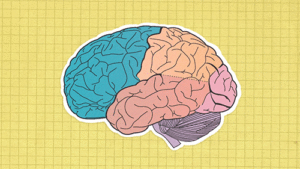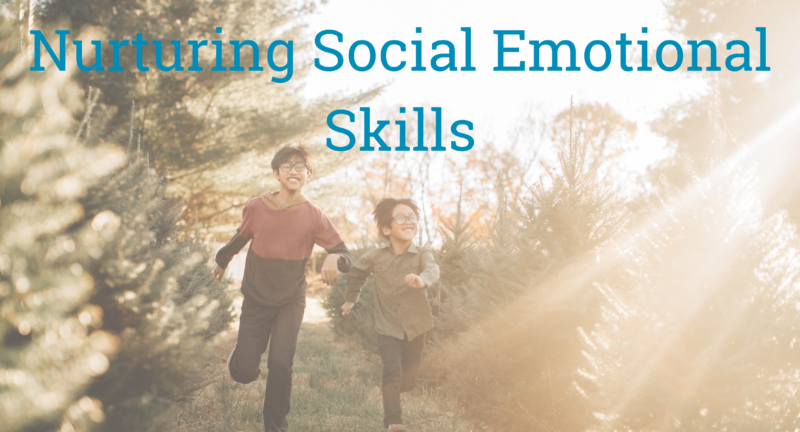
ADHD Medication Myths and Facts
In our third installment of the ADHD myth series, we’re focusing on ADHD medication. In this post, we’ll explore two popular questions:
- How do stimulants affect ADHD?
- Is Ritalin dangerous?
Myth or Fact: Ritalin Is a Stimulant So It Won’t Even Help Hyperactivity.
Ritalin is a common medication prescribed to individuals with ADHD. It is true that Ritalin is a central nervous system stimulant, but it can help with hyperactivity. Many parents wonder how a stimulant can help their hyperactive child. It’s a valid question, and that’s how this myth spread quickly.
But to understand how Ritalin — a central nervous system stimulant — helps reduce the symptoms of ADHD, we’ve talked to Dr. Brian Briscoe. He weighs in on the topic:
“Some of the medications used to treat ADHD are called “stimulants.” These stimulants (which include Ritalin, Vyvanse, Adderall, Concera, etc.) are so named because they stimulate — or increase — activity in certain parts of the brain that tend to be underactive in persons with ADHD. One area of the brain that these medications work is the pre-frontal cortex.”

The Link Between the Pre-Frontal Cortex, ADHD, and Medication
The pre-frontal cortex is located in the front of the brain. This is a part of the brain that regulates attention, mood, and motor activity. Persons with ADHD tend to have less activity in the pre-frontal cortex when compared to persons without ADHD. According to Dr. Briscoe, “The stimulant medications act to stimulate the pre-frontal cortex in persons with ADHD, and thereby improves the ability to regulate attention, mood, and motor activity.”
By acting to stimulate the function of the pre-frontal cortex, stimulant medication actually improves regulation of attention and motor activity, thereby reducing hyperactivity.”
This video sums up how ADHD medication can reduce symptoms by stimulating the pre-frontal cortex.
The bottom line: Ritalin is a stimulant, but it can help with hyperactivity.
What Are Other ADHD Myths?
Unfortunately, this isn’t the only myth about ADHD, but we’re committed to sharing the truth about ADHD. You can read more about the most common myths in these posts:
Your Next Steps
Medications can help significantly in all the areas we discussed, but it’s essential to remember that skills-building (i.e., learning strategies and tactics to cope with ADHD) is equally important. At Next Step 4 ADHD, we are all about comprehensive holistic care so that you or your child can live your best life.
Trying to deal with ADHD on your own can be difficult, but with our innovative approach, you’re never alone. We are here to guide you with your next steps. If you’d like to learn more about us or set up a confidential discussion with one of our professionals, you can complete this form for a virtual appointment. Alternatively, call our Louisville, Kentucky office at (502) 907-5908.
Related Posts
6 Tips to Help Children with ADHD Head Back to School
In many counties in Kentucky, school has been in session since about the middle...
What Are Social Emotional Skills and How Do You Nurture Them?
Children with ADHD may struggle with social skills, but thankfully, social...


